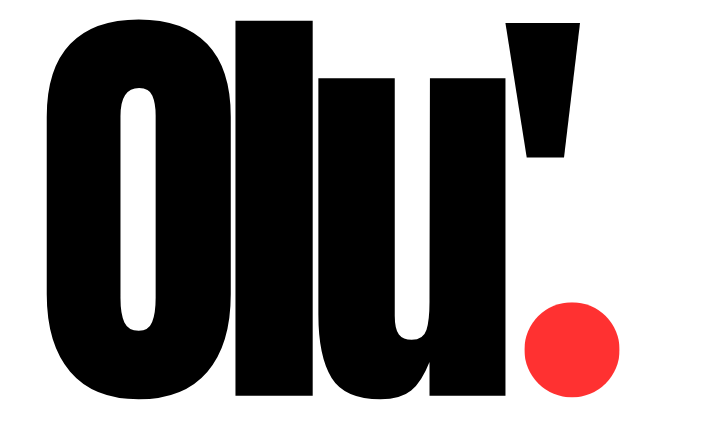I have found many ways to do things other than the traditional approach.
One is that though I still have the latest (may be not exactly latest) edition of the Oxford’s advanced learner’s dictionary sitting somewhere on my book case, I have not opened my trusted lexicological friend of many years in months.
I have turned to technology – looking up words on dictionary.com and more recently just typing the offending word – yes, it is when I am not sure of spelling, usage etc. that I turn to the dictionary – into the search bar in my web browser and whoops! suggestions fill out my screen – spelling usage and the whole shebang!
Recently – very recently- it was pointed out to me (yet again) that I mix up American, British (now) South African and Nigerian ‘Englishes’. First I hate the fact that there are many variations of the same language – but as I can not change that I have to change the way I write. So first steps I turned my PC’s language setting to English (UK) used to be English International which I had thought was a better option. Then I tweaked the language setting of my productivity suite – I used to call it office suite but I like the new term better as it allows me use softwares in this suite anywhere besides my office and not feel guilty! – and the last thing I did – sorry I do, as it is repetitive – I turn to the BBC website – yes, the BBC – and I type in the offending words and guess what? Each time I get a fantastic feel of how the words should be used in British English.
I agree I have to improve my ability to identify which ‘English’ I am dealing with – I have ordered a copy of each book in the Brighter Grammar Series.
I also agree, the old dictionary has lost its hold on me and I have lost my dependence on it.
I have found new and easier ways to find my way around.
Now I have to go back to work – in order to earn the next pay 🙂
